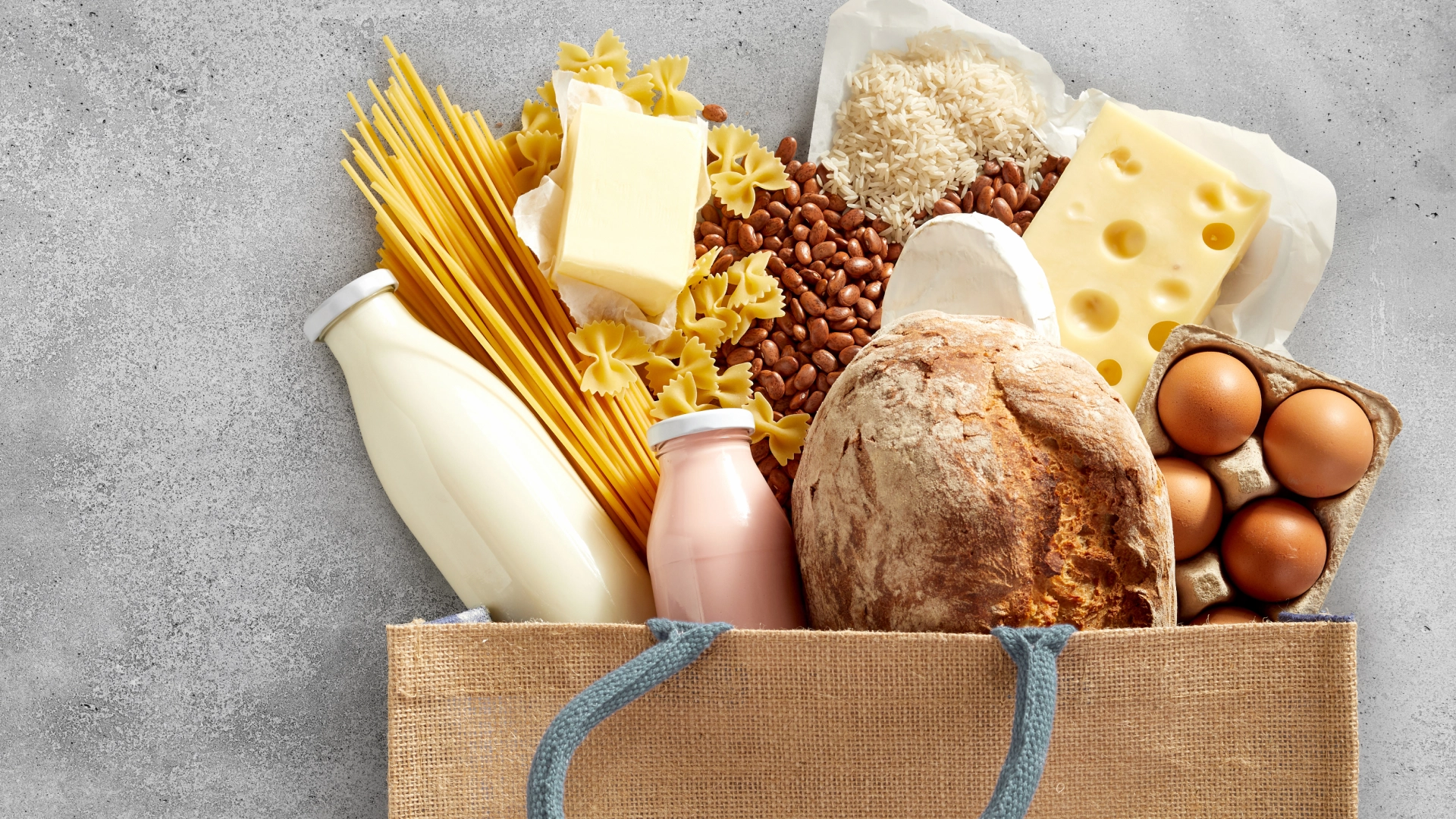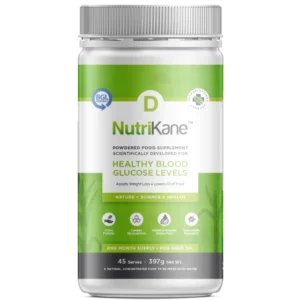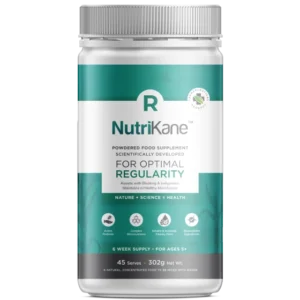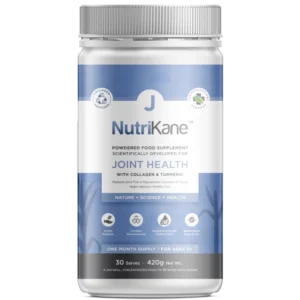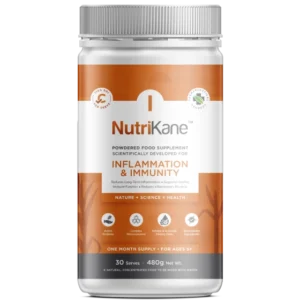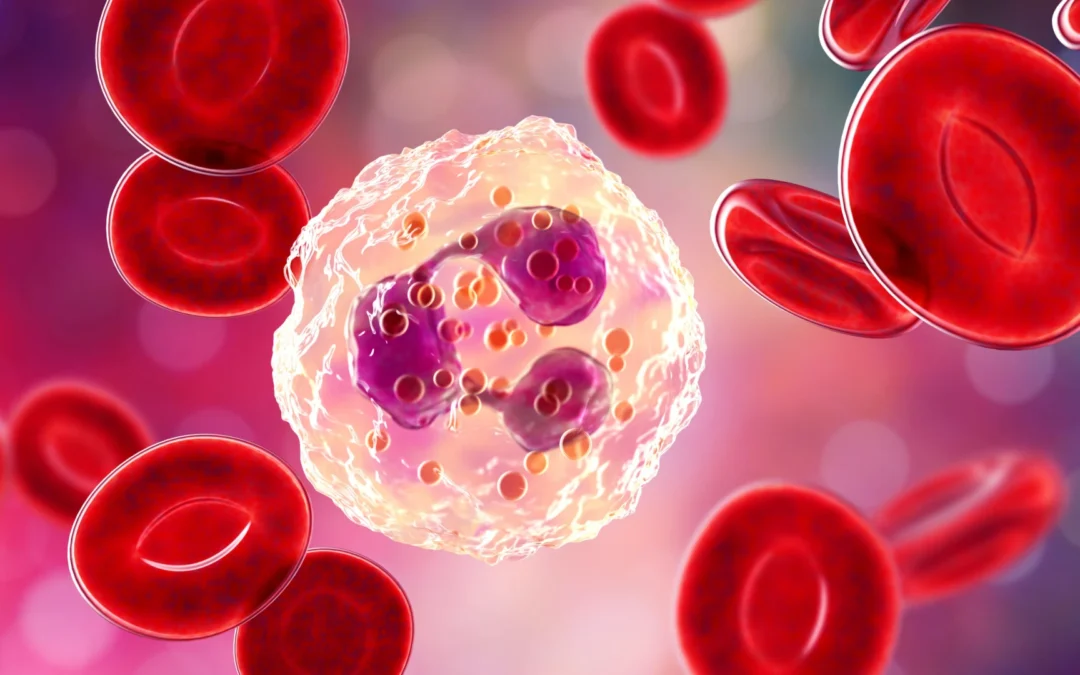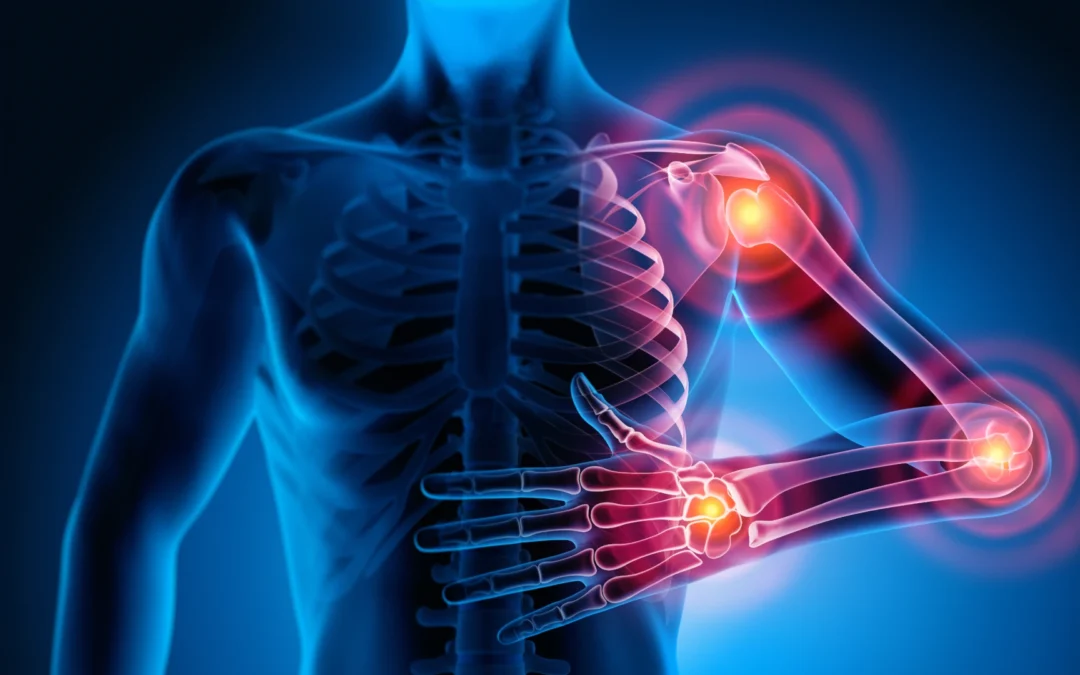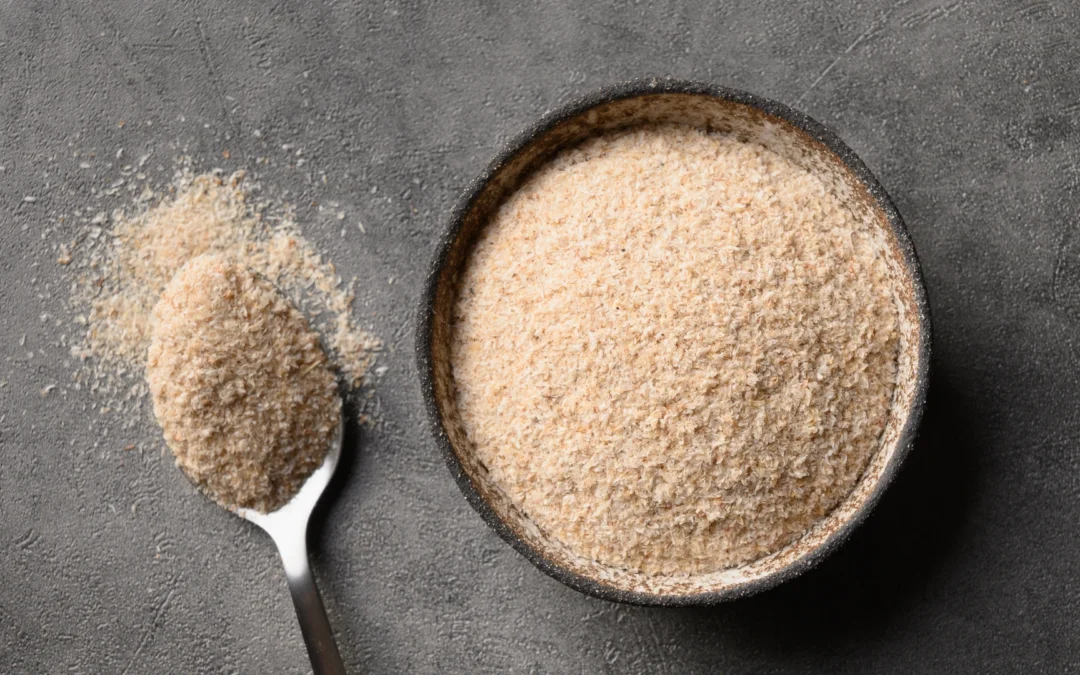It is common knowledge that a diverse diet of whole food helps to reduce our risk factors of experiencing chronic diseases, such as arthritis.
But is it possible that there are foods to avoid for arthritis?
Arthritis is a common condition affecting millions of people worldwide, with over 100 specific types. But they all share one element – joint inflammation, which leads to pain, stiffness and decreased mobility.
While there is no cure for the different types of arthritis, treatment and how we live can manage the symptoms and improve quality of life.
Can food affect Arthritis?
The short answer…Yes. The foods we eat and the foods we avoid can significantly impact arthritis.
- Different foods can reduce or increase inflammation levels in the body.
- Food influences body weight. If we have an overabundance of fat cells, we put pressure on our joints, causing increased pain. Additionally, fat cells also produce cytokines. In simple terms, cytokines are immune cells that generate the inflammatory response.
- Food can impact tissue health and healing, with specific foods triggering reactions such as a gout attack.
As a bodily process, inflammation has a purpose. It usually protects the body in the short term by helping to defend against infection and aids healing. But, chronic symptoms develop when inflammation continues for an extended period or when triggered by unhealthy choices.
Also, some foods are inherently inflammatory, and others are anti-inflammatory.
Here are some foods to avoid if you have arthritis or want to reduce your risk of developing or exacerbating the disease.
Essential foods to avoid for arthritis
1. Highly Processed Foods
Packaged and highly processed foods are definitely convenient, but they can also exacerbate your arthritis.
Processed foods are high in preservatives, often full of monosodium glutamate, aspartame, and salt to preserve the food and make it taste more appealing. All these chemicals have to some degree, been linked to increased inflammation in the body.
2. Refined Carbohydrates
White bread, pasta and sugar! You will often hear them referred to as high-glycaemic foods. The sugars and grains undergo additional processing to remove fibre and nutrients. It is believed these foods cause inflammation and increase the risk of joint pain.
A diet high in refined carbohydrates increases insulin resistance, and obesity. Both are significant risk factors for arthritis.
3. Fried Foods
Fried foods such as French fries and fried chicken should be limited or avoided to reduce the risk of arthritis. When you grill or fry food at high temperatures, your body produces toxins called advanced glycation end (AGE) products. These toxins damage proteins in your body and accumulate in tissues, particularly as you age. This accumulation triggers your immune system to destroy the AGEs with cytokines. Cytokines, in turn, trigger inflammation in the body.
4. Dairy Products
You may be surprised to see dairy products on the list, as it is widely considered a beneficial source of calcium and protein. But dairy products contain casein which is known to contribute to inflammation.
Also, some people are intolerant to lactose which can also trigger inflammation. Limiting the number of dairy products you consume to reduce the likelihood of inflammation in your joints is best.
5. Inflammatory Fats
Several types of fat increase inflammation in the body and should be avoided for arthritis management. Most people believe deep frying causes problems, but that is not the whole story.
Omega-6 fatty acids
These consist of corn, safflower, sunflower and vegetable oils. Although these oils are not harmful in moderation, they are often consumed in overabundance.
Saturated fat
Meat, butter and cheese have saturated fat and should make up less than 10% of your daily intake.
Trans fat
There are two types of trans fats. One is naturally occurring in animals and trace elements can be found in our food. You don’t need to worry about these.
The other trans fats are synthetically made and often referred to as partially hydrogenated fats. This fat is harmful. It reduces your HDL (good cholesterol), increases your LDL (bad cholesterol), and raises systemic inflammation.
Always check the ingredients list to determine if trans fats/partially hydrogenated fats are in your food.
6. Nightshade Vegetables
We are constantly told to increase our vegetable intake, and here we discuss the need to reduce exposure to certain vegetables. Weird, right?
This group of vegetables contains the compound solanine. It is found in tomatoes, eggplants, potatoes and bell peppers.
Solanine has been reported to trigger arthritis pain, but this is not true for everyone. There is no black and white here – like with trans fats.
If you suspect that nightshades exacerbate your joint pain, consider eliminating them for a few weeks, then re-introduce them one at a time to see if it triggers a pain reaction. This is best done under the supervision of a registered dietician.
7. Alcohol
Regular alcohol consumption can be dangerous for your health for several reasons. It increases inflammation in the body and has been linked to the exacerbation of gout, a form of inflammatory arthritis. It is due to the level of purines in the alcohol, breaking down to uric acid, which builds up in the body and causes the inflammatory response known as gout.
8. Artificial Sweeteners
Commonly known as aspartame or saccharin, they are a hot topic of debate regarding their impact on health and potential link to arthritis. While some studies suggest that artificial sweeteners can harm overall health and may worsen arthritis symptoms, the evidence isn’t definitive…yet.
What is known – they can disrupt the balance of gut bacteria, which can lead to inflammation. Some sweeteners have been shown to increase blood sugar levels, which can contribute to inflammation and other comorbidities.
Although more research is needed to fully understand the potential impact of artificial sweeteners on joint health, it would be wise to consume them in moderation or use natural sweeteners like stevia.
If you have arthritis or want to reduce your risk of developing it, avoid processed foods, refined carbohydrates, fried foods, and alcohol. It would also be wise to reduce your exposure to dairy, nightshade vegetables, and other foods containing purines, especially if you are sensitive.
Shift your focus to eating a diet rich in anti-inflammatory foods, stay well hydrated and get plenty of exercise to help manage the symptoms and improve overall health.
